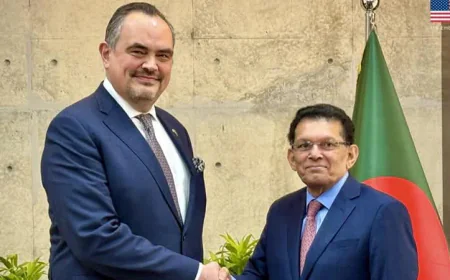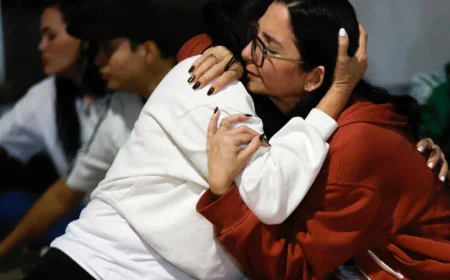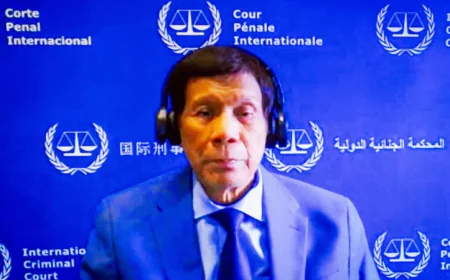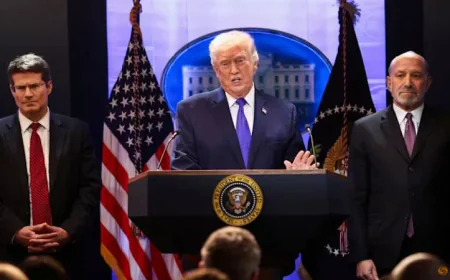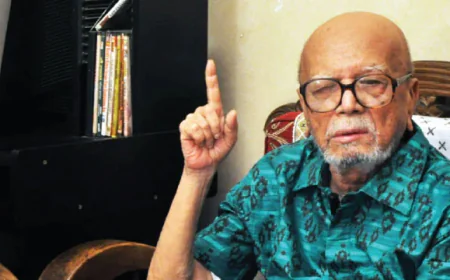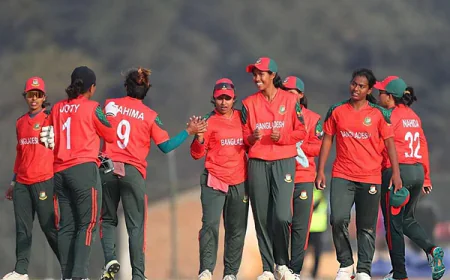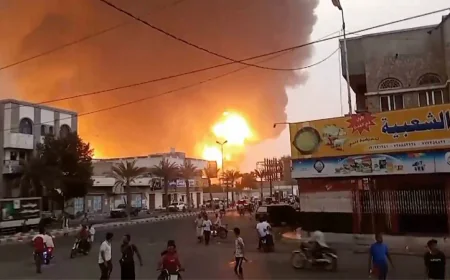In Yemen, Children Learn in Tents Without Classrooms or Textbooks
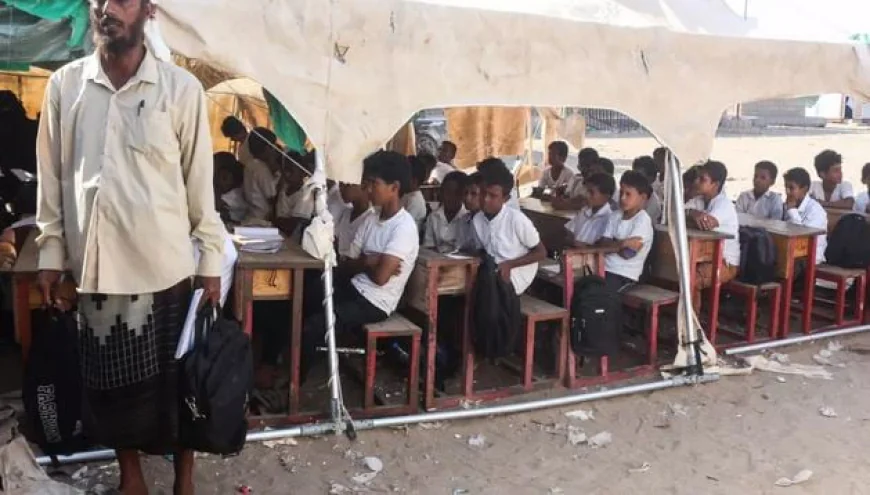
Crammed under a tattered tent on rough wooden benches, Yemeni children are learning Arabic grammar -- lucky to receive an education at all in a country hammered by years of war. The children, some without shoes or textbooks, were born into a divided state where fighting has destroyed nearly 3,000 schools. Those that remain are plagued by power cuts and a lack of running water. Al-Ribat al-Gharbi school near Aden, in Yemen's government-controlled south, is a typical case, with lengthy power outages, no water supplies and a lack of trained teachers.
Next to the crowded tent, teacher Suad Saleh is doing her best with another large group of kids in a cheap temporary building. "Each class has more than 105 or 110 students," she said, wearing the black niqab, or face-covering, that is customary for Yemeni women. "With this overcrowding, most of them can neither read nor write," she told AFP. Her rudimentary classroom is so packed that many children are sitting on the tiled floor, exercise books on their laps. "It takes me 10 minutes just to quiet them down," she said.
The plight of Yemen's schools, as well as reflecting the country's humanitarian crisis, also signals difficulties for future development, hampered by an uneducated population. More than 4.5 million children in the country of 40 million have been denied schooling, according to UNICEF. Yemen was the Arabian Peninsula's poorest country even before Huthi rebels, capitalising on mass anti-government protests, seized the capital Sanaa and large parts of the country in 2014. Fearful of the Tehran-backed militia on its border, Saudi Arabia gathered an anti-Huthi military coalition, launching thousands of air strikes from early 2015.
The conflict, although largely halted since 2022, has left hundreds of thousands of dead and two-thirds of Yemenis dependent on aid. Each morning at Al-Ribat al-Gharbi, students grab packets of UN-provided fortified biscuits to stave off hunger. "The main problems are the absence of suitable classrooms, almost no electricity, and no running water," along with a lack of trained teachers, said deputy principal Mohammed al-Mardahi. Many professional teachers have quit, despairing at the low pay. Yemen has witnessed months-long strikes by teachers.
"We work for a very small salary -- 50,000 Yemeni rials ($31) -- what can that do for us in these circumstances?" said Saleh. Schools in Huthi areas face similar issues, with teachers frequently unpaid and many facilities lacking basic resources. Yemen's plethora of armed groups and military forces have "destroyed and damaged thousands of schools through air strikes and ground fighting... and even utilised others as recruiting grounds for children", the Sanaa Center for Strategic Studies said in a report published in February.
Saudi Arabia, seeking regional calm as it pursues economic reforms at home, has poured hundreds of millions of dollars into development programmes in government-controlled areas of Yemen, with education one area of focus. Saudi money has paid to train more than 150 female teachers and rebuilt 30-plus schools, including Aden's Al-Haram al-Jami'i, according to Saudi aid officials. There, the classrooms offer a stark contrast to the dilapidated government schools, with painted walls, new desks, whiteboards and fans, and students in smart uniforms.
"Students from this area used to travel far to reach schools, which caused hardship for both them and their parents," said principal Fathiya al-Afifi. The focus on development shows a shift in Riyadh's approach to aid, said analyst Omar Karim, a Saudi policy expert at the University of Birmingham. "Aid used to go mainly to tribal leaders to gain political influence, or to government officials for similar reasons -- or even to buy weapons," he told AFP.
But even with the injection of aid, war still hangs heavy over everyday life. For Afifi, the school principal, the destruction of Yemen's education system has been nothing short of "catastrophic". "Stopping education has had a terrible impact... An entire generation can neither read nor write," she said. "This is a disaster."
